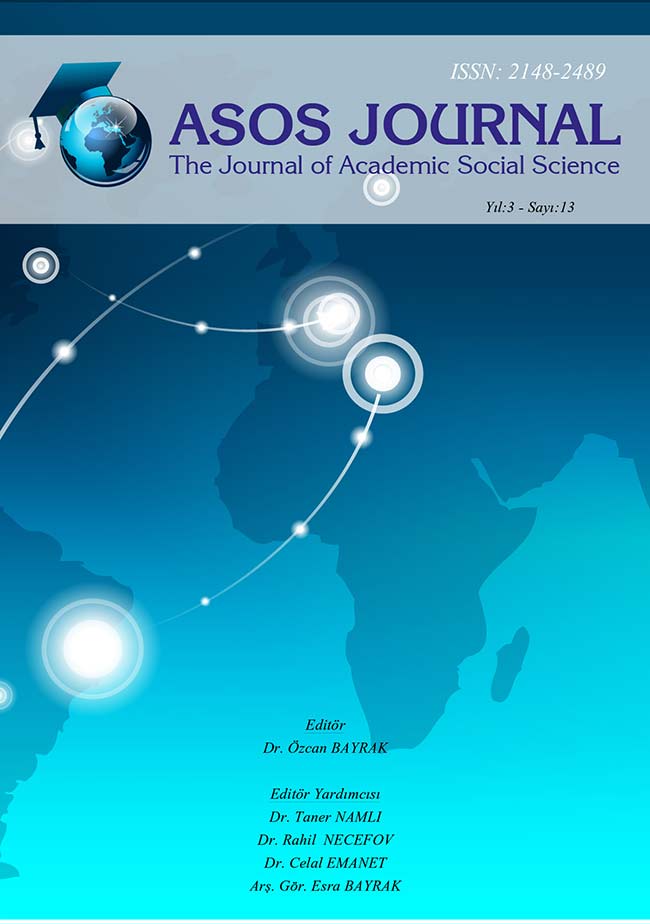Author :
Abstract
Keywords
Abstract
Over the course of three centuries, achievement sport diffused out of its Anglo-European birthplace to all parts of the globe. This long-term development was, and continues to be, bound up in globalization processes. These processes have had a significant impact on people’s lives, cultures, and environments. Questions emerge as to the causes and consequences, costs and benefits, and winners and losers involved in globalization in general, and global achievement sport in particular. It is in this context that questions concerning homogeneity or heterogeneity and sustainability arise. What can be concluded about the current global state of play? Judging by the evidence to hand, it can be argued that achievement sport is the dominant ludic body culture; that folk game traditions survive, albeit in residual forms; and that new body cultures continue to emerge, challenging the hegemonic position of achievement sport. There is, then, evidence for both homogeneity and heterogeneity. To put th





